
Weekly Show #9: The Episode All About Physical Development
In this week's episode, we shine a spotlight on the critical theme of physical development. Join us as we explore the intricacies of how little ones develop their gross and fine motor skills, coordination, and spatial awareness.
Ben & Emily share valuable insights and practical tips for parents, caregivers, and educators on promoting healthy physical growth in early years. From interactive activities to understanding the role of play in development, this episode is a treasure trove of information for anyone navigating the journey of fostering strong, capable bodies in our little learners.
Tune in and embark on a journey of discovery as we unravel the secrets of physical development in the world of "Little Minds, Big Ideas."
Activity 1: Play Dough Exploration
Play dough is an engaging activity that promotes the development of fine motor skills in young children. The process of squeezing, pulling, and pinching the play dough helps to enhance the muscles in their hands in a playful and enjoyable manner. By introducing various resources to accompany the play dough, such as rolling pins, seasonal natural items (pinecones, leaves, conkers, stones, flowers), scissors, pom poms, buttons, and pipe cleaners, children not only refine their fine motor skills but also stimulate creativity and sensory exploration. The tactile nature of play dough encourages children to express themselves artistically while simultaneously strengthening the muscles essential for later skills, such as writing.
Activity 2: Diverse Cutting Adventures
Engaging in cutting activities is a crucial step in fine motor skill development for children. Using scissors requires educators to spend time with children, assessing their readiness for this skill. Beyond traditional paper and card, cutting can involve various materials like play dough, ribbon/string, clay, newspaper/magazines, spaghetti, and straws. These diverse cutting experiences not only enhance fine motor skills but also foster creativity and cognitive development. Educators can guide children through these activities, ensuring a gradual progression in cutting techniques and helping them build the precision and coordination necessary for later tasks.
Activity 3: Concentrated Threading
Threading activities, although initially challenging, are excellent for building concentration and strengthening finger muscles in children. Threading materials like penne pasta with ribbons, spaghetti into colanders, curtain rings with ribbon, beads with shoe laces, and sewing needles with thread (age-appropriate and child-friendly) promote fine motor skills and hand-eye coordination. As children navigate through threading challenges, they develop patience and persistence, laying the foundation for enhanced focus and perseverance in future tasks.
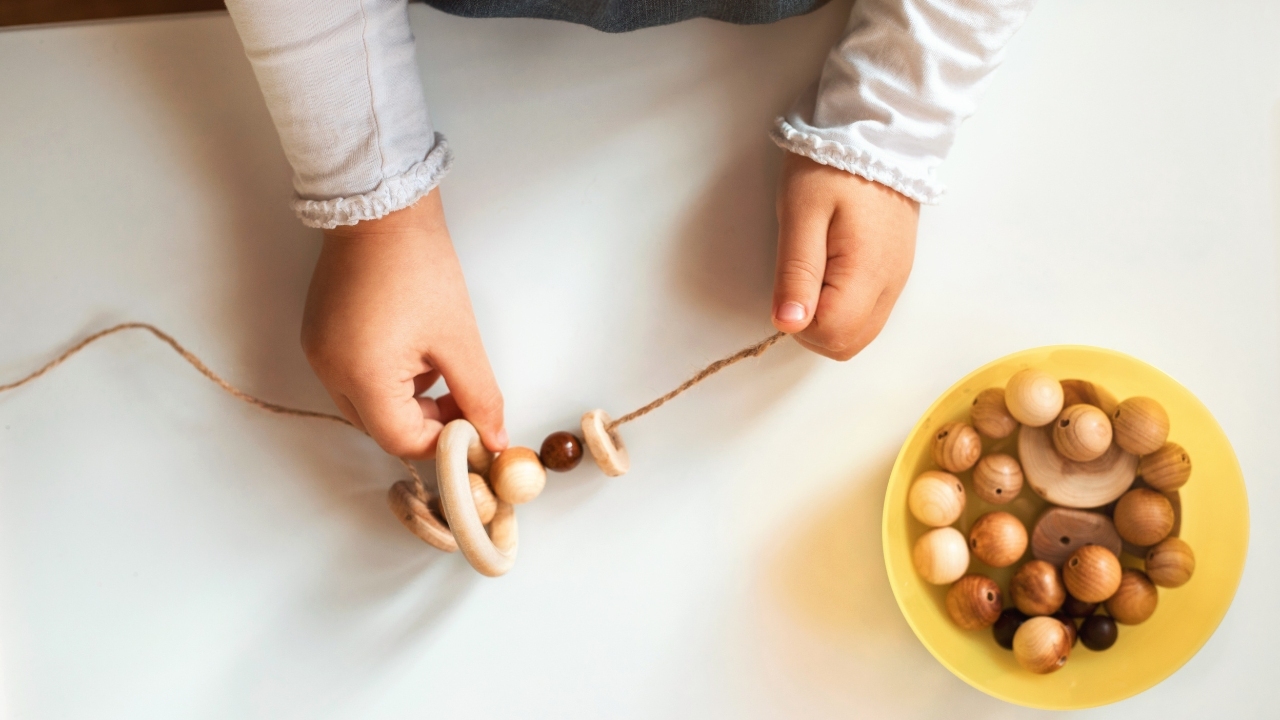
Activity 4: Precision with Tweezers
Utilising tweezers in various activities contributes to the strengthening of thumb and forefinger muscles. Engaging in themed hunts, such as bug hunts, nature hunts, or colour hunts, with tweezers enhances both fine motor skills and cognitive abilities. Sorting objects like pom poms by colour or picking up pasta with tweezers adds an extra layer of difficulty, making the activity both enjoyable and beneficial for motor skill development. Tweezer activities not only refine hand muscles but also encourage problem-solving and creative thinking.
Activity 5: Self-Feeding Mastery
Encouraging children to feed themselves using utensils during meal times is a practical and effective way to refine fine motor skills. The act of holding and gripping spoons and forks helps strengthen the muscles in their hands while promoting independence. As children master the coordination required for self-feeding, they develop essential life skills and enhance their fine motor abilities, laying the groundwork for more complex tasks in the future.
Activity 6: Constructive Muscle Building
Construction activities, including building towers and using tools, offer a dynamic approach to building muscle strength in children's hands. Working with building blocks of different shapes and sizes, hammering golf tees into play dough, or manipulating nuts and bolts with spanners on busy boards not only improves fine motor skills but also fosters hand-eye coordination and spatial awareness. These activities provide an enjoyable and educational way for children to enhance their physical and cognitive development simultaneously.




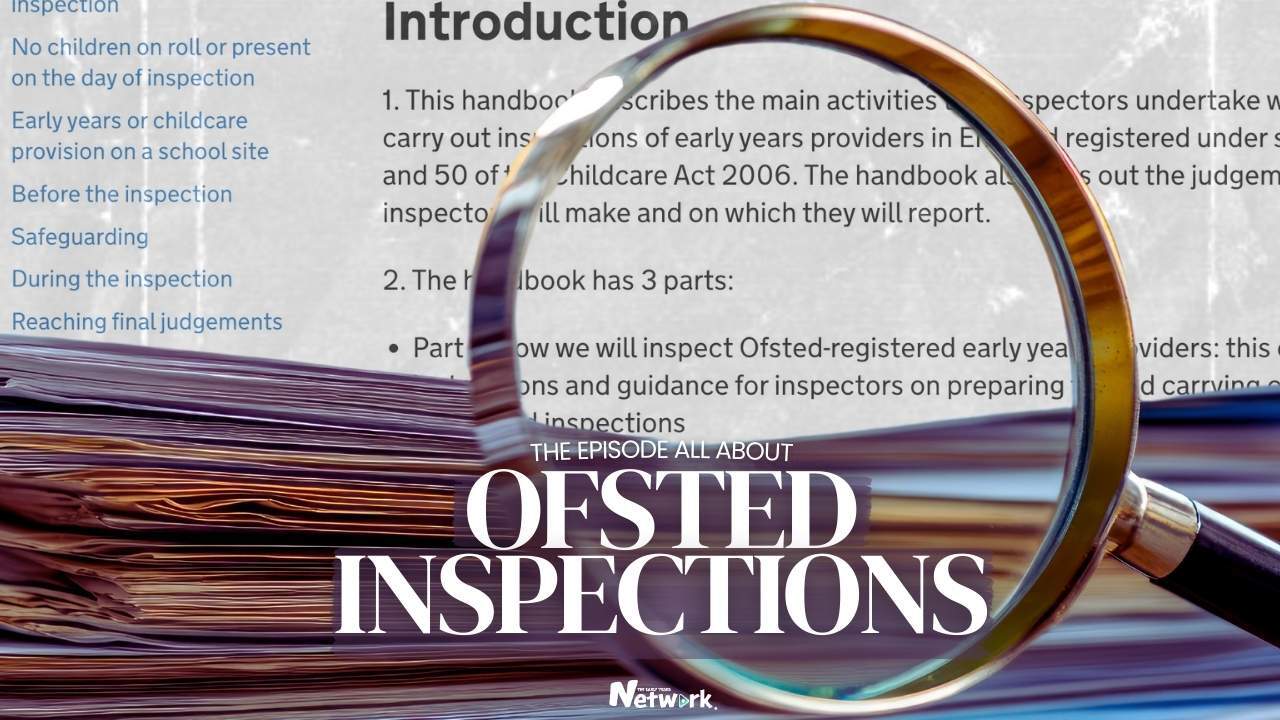
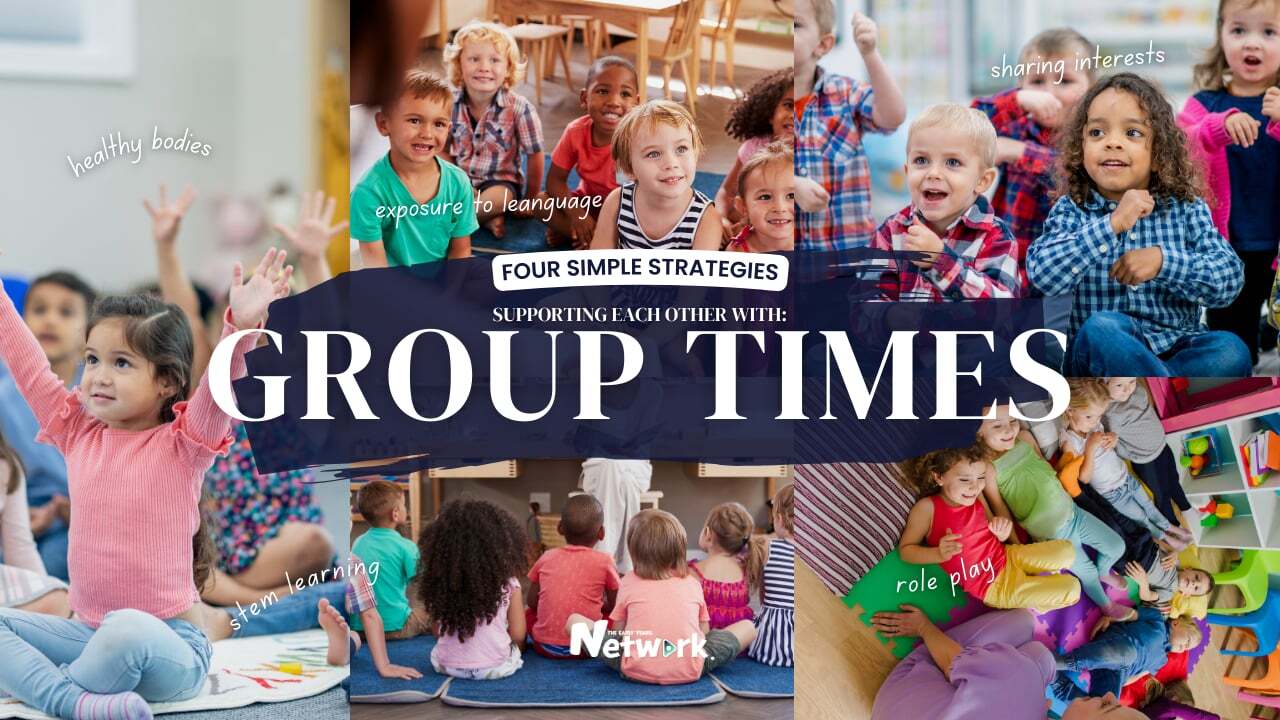



















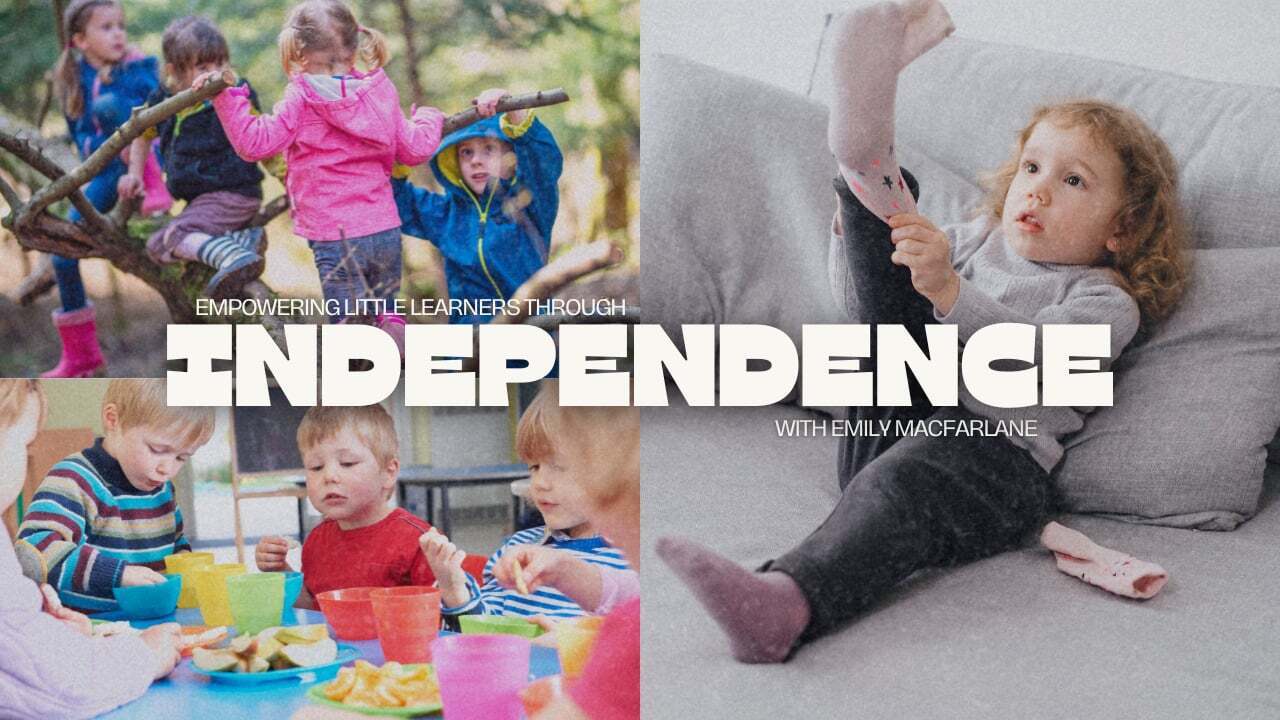




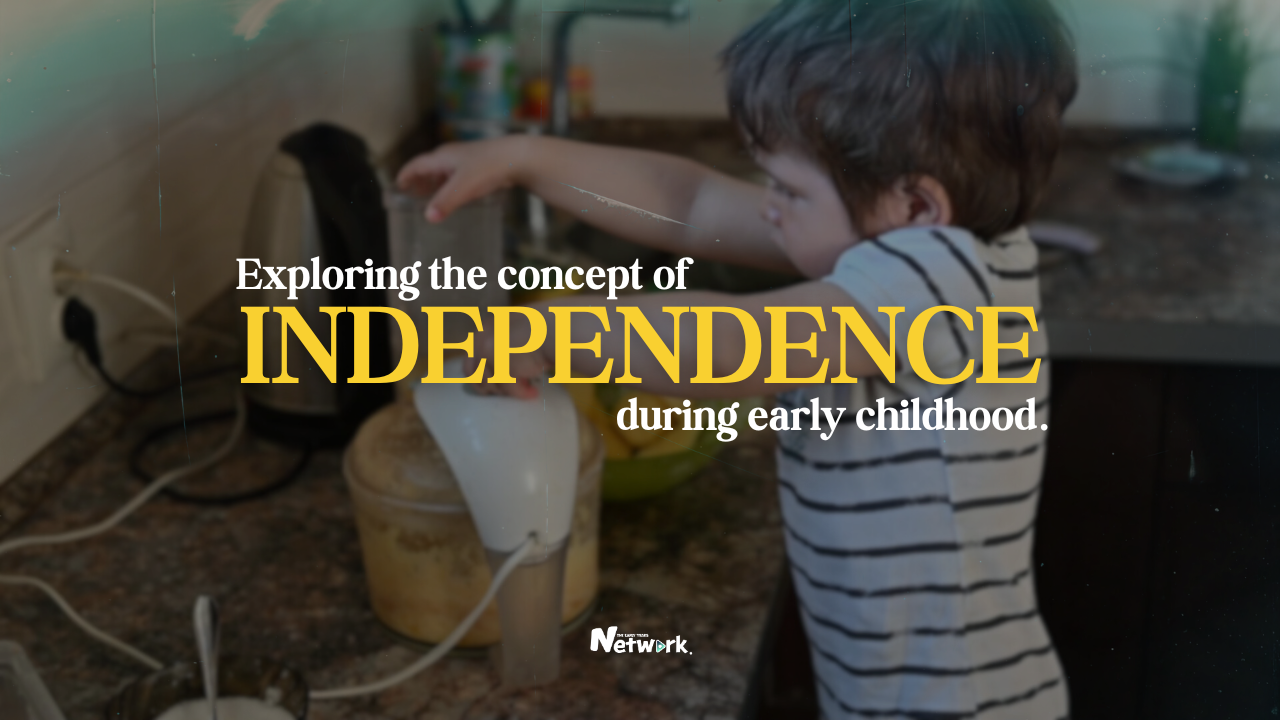



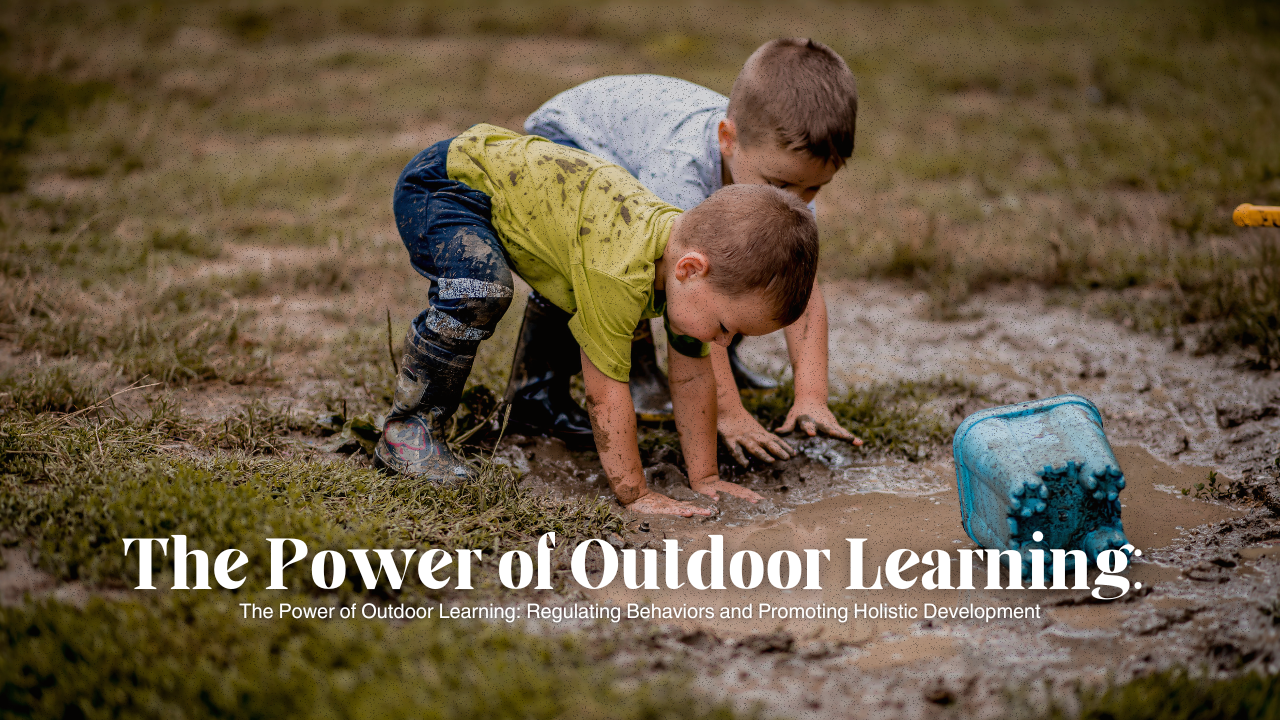



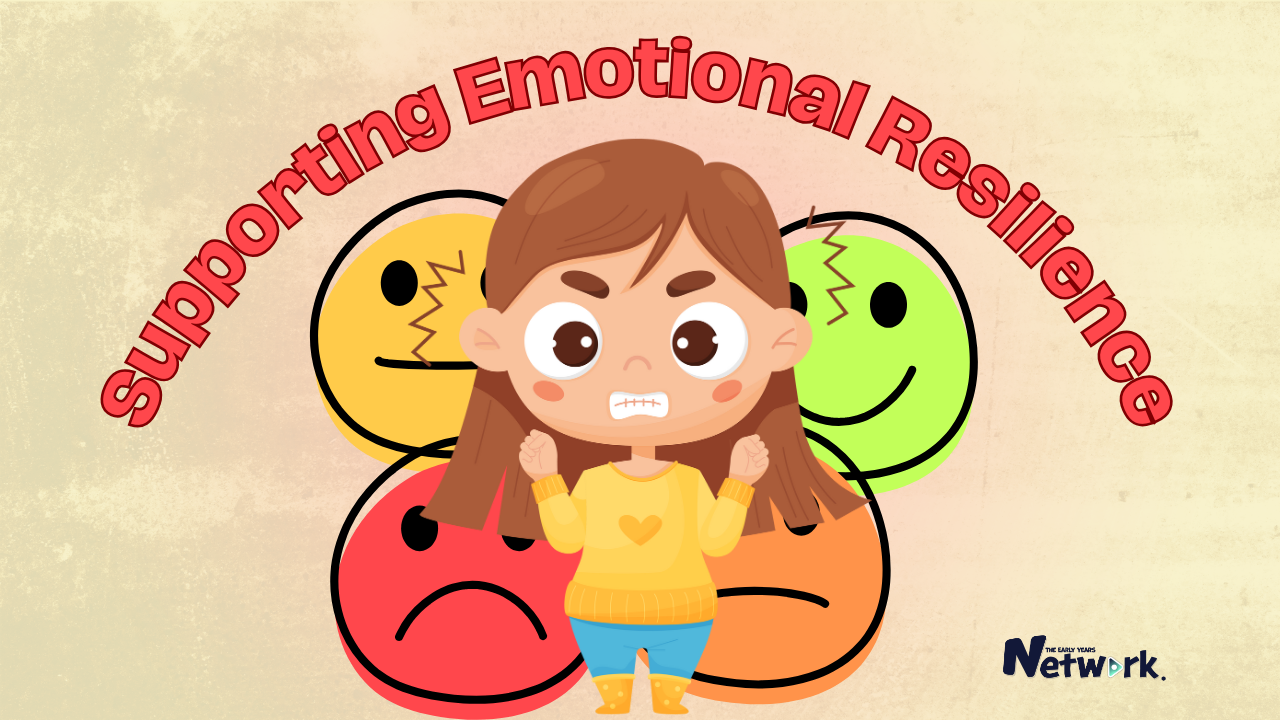


Comments 0
Leave a comment
Only your name will be published. Required fields are marked *